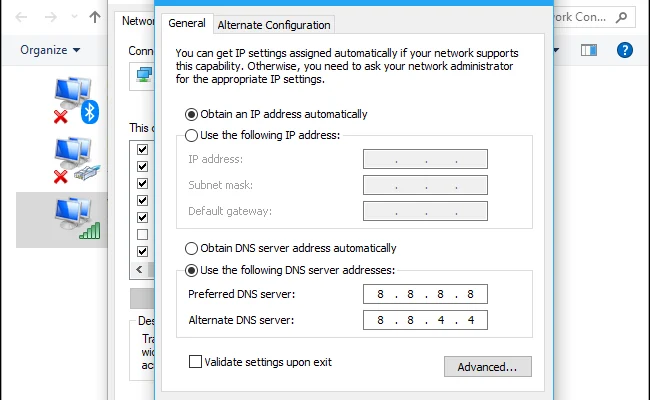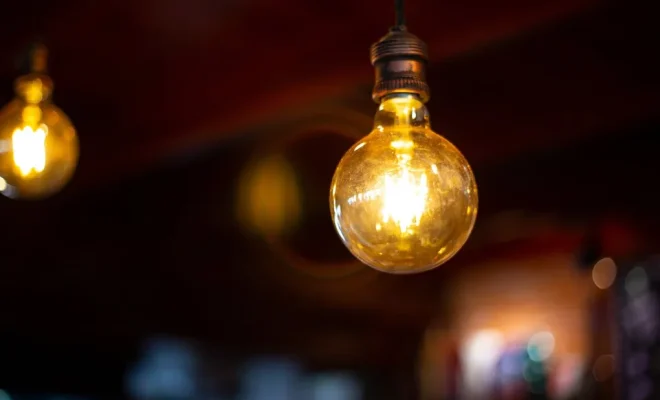The misunderstood funeral tech that’s illegal in 30 states

In today’s rapidly evolving technological landscape, we are continuously discovering new ways to transform various aspects of our lives. One aspect many people may not consider stands at the crossroads of technology and tradition: funeral customs.
A controversial and often misunderstood funeral practice – alkaline hydrolysis – has gained attention in recent years. It is currently regulated and permitted in only 20 states across the United States, with its legality sparking intense debates nationwide.
But what is alkaline hydrolysis, and why is it viewed with such mixed opinions?
Alkaline hydrolysis, otherwise known as “water cremation,” “aqua cremation,” or “bio-cremation,” is an alternative method to traditional burial or flame-based cremation. It involves using a combination of heat, water, and alkaline chemicals to break down human remains into a liquid substance, which can then be disposed of in an eco-friendly manner. This method leaves behind sterile liquid, commonly fertilized into land, and bone fragments that can be returned to the family.
Many environmentalists advocate for alkaline hydrolysis as it significantly reduces the carbon footprint associated with final disposition practices. Traditional burial methods entail embalming with toxic chemicals, high amounts of energy usage for cremation fires, emissions from transporting bodies, and large spaces needed for cemeteries all contribute significantly to pollution and habitat destruction.
Proponents argue that alkaline hydrolysis addresses these concerns through a clean, energy-efficient process that requires less land space and does not release toxic emissions. It saves nearly eight times more energy compared to flame-based cremation. By returning essential nutrients to the soil via the sterile liquid, water cremation promotes healthier ecosystems while also celebrating the natural cycle of life and death.
Despite its potential benefits for both the environment and individuals seeking alternatives to traditional practices, there are several reasons why alkaline hydrolysis has faced strong opposition.
Critics argue that the process is disrespectful to the deceased, citing religious and cultural objections. Many faiths and customs place importance on specific burial rituals and practices, which play a central role in mourning and remembrance. In some cases, people feel that the liquid disposal resulting from alkaline hydrolysis may not provide the same level of respect and dignity as traditional methods.
Legal restrictions also impede widespread adoption of this practice. Several states have placed
bans on alkaline hydrolysis, often due to a lack of understanding about the process or political pressure. As a result, families seeking water cremations for their loved ones must either settle for conventional methods or face additional financial burdens associated with using out-of-state facilities.
Regardless of one’s stance on alkaline hydrolysis, it is crucial to acknowledge that individual preferences for funeral customs stem from deeply personal beliefs and values. As we strive to uphold respect for both the environment and diverse cultural practices, it’s essential to have open dialogues surrounding innovations like alkaline hydrolysis.
In conclusion, while 30 states currently outlaw this funeral tech, the ongoing debate around alkaline hydrolysis underscores the greater need for understanding, compassion, and awareness within our society – both in regard to new technologies and also towards each other’s unique beliefs and wishes when it comes to final disposition practices.






